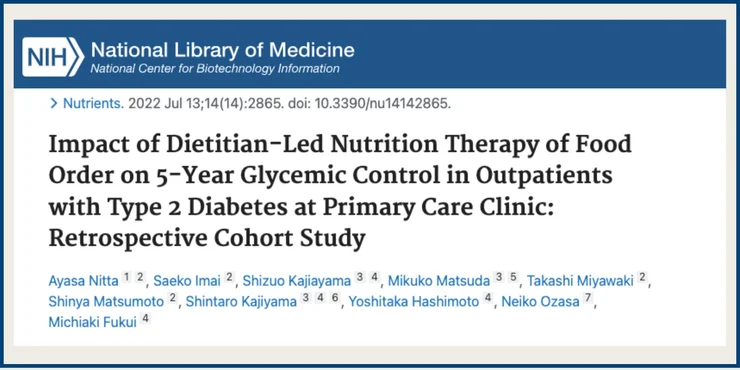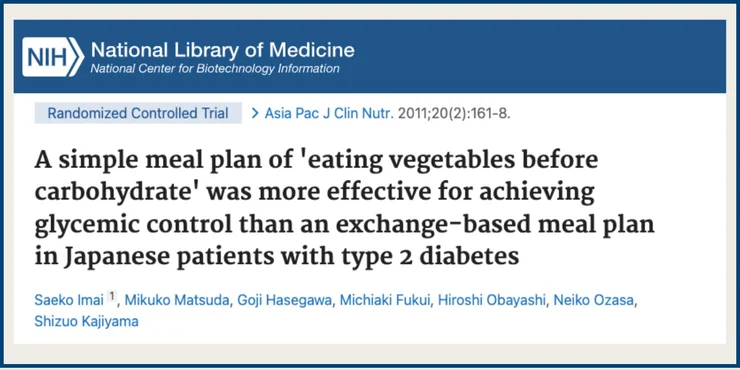Imagine no longer having to deal with mid-day energy crashes, a “foggy” brain, or mood swings that have you going from happy to irritated in a split second. Well, according to experts, there may be a way to bypass these frustrating symptoms for good—and more importantly—set yourself up for all-day-long energy, focus, and mental clarity, better digestion, and even a reduced risk of heart disease down the line.
And it all comes down to one simple “eating trick” called food sequencing.
It’s the idea that the order in which you eat your food can either positively or negatively impact your energy, digestion, blood sugar, and overall health. One popular expert—Jesse Inchauspé, a biochemist who’s affectionately known as the Glucose Goddess—preaches about this in her latest book, The GlucoseGoddess Method.
In her protocol, Inchauspé, recommends adding a “veggie starter” at the beginning of your lunch or dinner.
With this in mind, food sequencing may look like this:
1. Start with Vegetables and/or a Salad.
2. Next, Eat Protein.
3. Finish with Carbohydrates.
As a registered dietitian of over 20 years, I’ve seen the difference that food sequencing can make in one’s life—especially for those struggling with extreme dips in energy or worsening brain fog after eating meals.
In this blog, we’ll explore what it looks like to start with veggies before touching any other food on your plate. And according to research thus far…the outcome is pretty promising.







